
It is important to mention the One Rank One Pension (OROP) controversy was no where in the picture until 1973, when the then Prime Minister Indira Gandhi discontinued an earlier form of the OROP structure with the publishing of the Third Pay Commission report. This happened after India's splendid victory at the 1971 War with Pakistan which won Indira the title of the 'Iron Lady' for her uncompromising attitude.
Prior to the Third Pay Commission of 1973, the armed forces paid all its retired personnel 75 per cent of their last basic pay. Soldiers, who made up 85 per cent of the Army, were not paid a pension as they served only for five years.
So what did the Third Pay Commission change?
- The implementation of the Third Pay Commission in 1973, which decided pay and salaries for all central government employees, brought the armed forces into its ambit and equated them with civilian personnel.
- Officers and men now began to receive only 50 per cent of their last pay.
- Civilian pension was enhanced from 33 per cent to 50 per cent.
The government also increased the tenure of its soldiers from five to 15 years. This meant that a soldier would now be over 35 when he retired.
What made the situation worse
Another problem emerged in 1979, when the then Finance Minister HN Bahuguna hiked the pay of serving soldiers by merging a portion of the basic pay to the dearness allowance. This effectively increased their pensions, calculated at 50 per cent of the last pay drawn for 10 months.
Thus, the first point of disparity between pensioners who had retired before and after 1979 crept in.
A committee for addressing the problems of ex-servicemen
Indira Gandhi, who is now increasingly being regarded as the mother of the OROP controversy, in 1982, was responsible for setting up a high-level committee to inquire into the problems of ex-servicemen. It was the first such body found by the government.
It was significant in regard of Indira's comeback as the PM in 1980. She had held the defence portfolio for to years and was aware of the discontentment among the ex-servicemen. A stream of complaints starting pouring in her office.
Finally, in March 1984, Indira appointed Minister of State for Defence KP Singh Deo to head a committee which included several central ministers -- Vayalar Ravi, Janardhana Poojary and PA Sangma. The committee met ex-servicemen across the country and discovered that one of the root causes of their unhappiness lay in defence pensions.
How the government started ignoring OROP
On October 27, 1984, Deo's committee presented its 160-page report with a list of 69 recommendations to Indira Gandhi. The report was the first to use the word OROP and recommended that the government grant it.
Although the defence pensions were not part of the terms of reference of the committee but it was included because pension-related problems were given top priority in representations from ex-servicemen.
The government implemented 66 of the 69 recommendations of the committee however, three crucial suggestions were not considered, including the separate commission for ex-servicemen, an ex-servicemen finance corporation, and OROP.
It was actually the first time that the government had signaled its reluctance towards OROP.


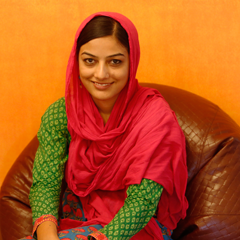
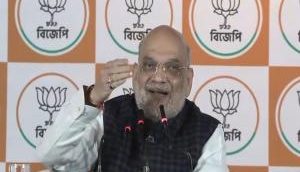
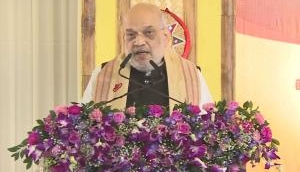
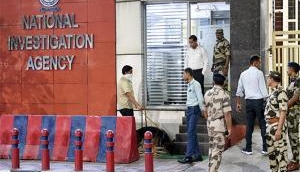
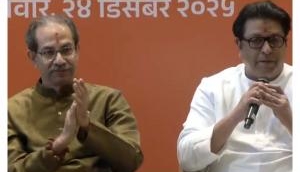
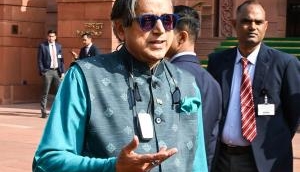
![BJP's Kapil Mishra recreates Shankar Mahadevan’s ‘Breathless’ song to highlight Delhi pollution [WATCH] BJP's Kapil Mishra recreates Shankar Mahadevan’s ‘Breathless’ song to highlight Delhi pollution [WATCH]](https://images.catchnews.com/upload/2022/11/03/kapil-mishra_240884_300x172.png)

![Anupam Kher shares pictures of his toned body on 67th birthday [MUST SEE] Anupam Kher shares pictures of his toned body on 67th birthday [MUST SEE]](https://images.catchnews.com/upload/2022/03/07/Anupam_kher_231145_300x172.jpg)






